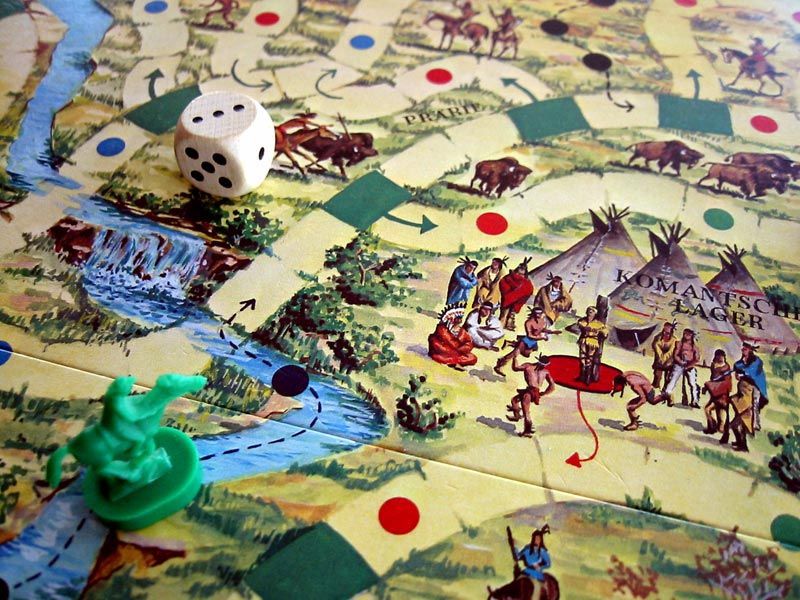
Exotic Games – cultural appropriation in board games (Topic Discussion)
- Nelly
- July 5, 2024
- Board Games
Board games have been a popular form of entertainment for centuries, offering players a chance to engage in strategic thinking, social interaction, and friendly competition. However, in recent years, there has been growing concern about cultural appropriation in board games, particularly in so-called “exotic” games.
Exotic games are board games that draw inspiration from non-Western cultures, often incorporating elements such as themes, characters, and artwork from different parts of the world. While some players may see these games as an opportunity to learn about other cultures and broaden their horizons, others argue that they perpetuate harmful stereotypes and contribute to the commodification of marginalized communities.
One of the main issues with exotic games is the way they often simplify and distort complex cultural practices in order to fit into a game format. For example, a game that features a fictionalized version of a Native American tribe may reduce the rich and diverse traditions of that culture to a set of stereotypes and cliches. This can perpetuate harmful misconceptions and reinforce dominant narratives about non-Western cultures.
Furthermore, exotic games often fail to acknowledge the lived experiences and perspectives of the people whose cultures they appropriate. Instead, they present a superficial and often inaccurate representation of these communities, which can be damaging and hurtful.
Some critics argue that exotic games can also contribute to the fetishization of non-Western cultures, turning them into commodities for Western consumption. By packaging these cultures as entertainment products, game developers may unwittingly reinforce colonialist attitudes and perpetuate systems of power and privilege.
In order to address these issues, it is important for game developers to approach the creation of exotic games with sensitivity and respect for the cultures they draw inspiration from. This may involve consulting with members of those communities, conducting thorough research, and portraying cultural practices in a nuanced and accurate way.
Players can also play a role in combatting cultural appropriation in board games by being mindful of the games they choose to play and supporting games that prioritize cultural authenticity and representation. By engaging with games that offer a more respectful and nuanced portrayal of non-Western cultures, players can help promote understanding and appreciation for the diversity of human experiences.
In conclusion, while board games can be a fun and engaging way to explore different cultures, it is important to be aware of the potential for cultural appropriation in exotic games. By approaching these games with a critical eye and encouraging respectful and authentic representation, we can ensure that board games are a positive and inclusive form of entertainment for all players.


